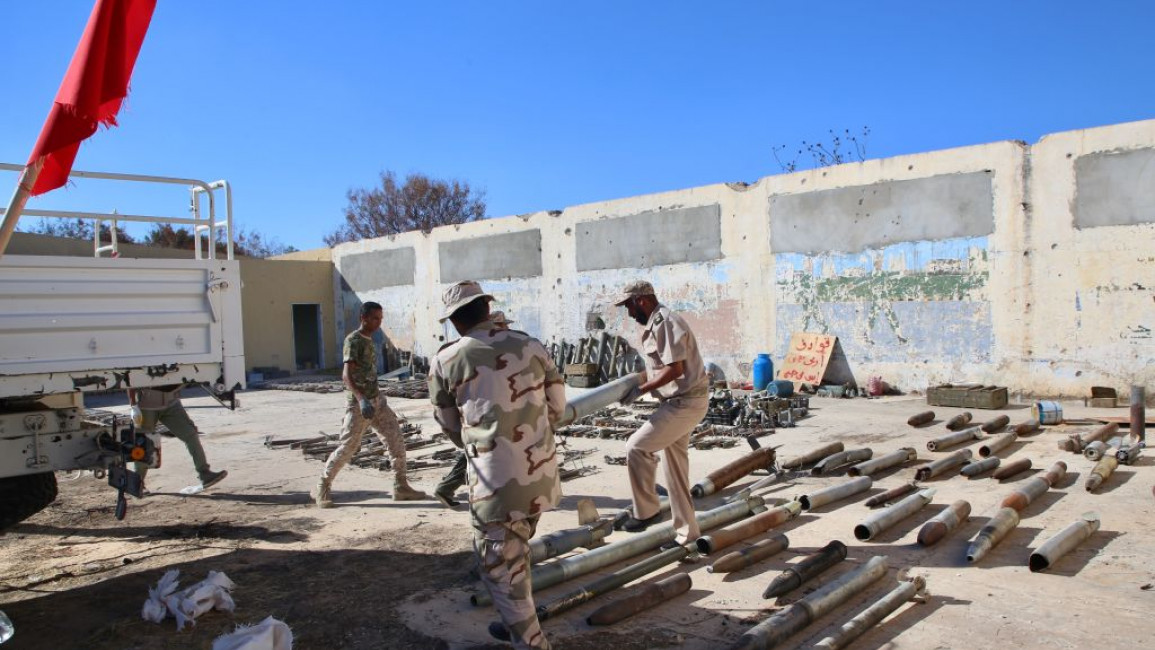Russia deploys notorious Libya-based Wagner mercenaries to Ukraine
Hundreds of Russian mercenaries deployed by Moscow in Libya have been withdrawn from the north African country, with some sent to Ukraine, British media reported.
Some 200 Russian mercenaries linked to the Kremlin-backed Wagner Group and about 1,000 Syrians were removed from Libya in recent weeks, according to two Western officials quoted by the Financial Times.
The officials said Russian Wagner fighters were being redeployed to Ukraine, where Moscow has suffered several setbacks following its February 24 invasion.
It did not state whether any Syrian mercenaries were being transferred to Eastern Europe.
Syrian experts have pointed out there has been no evidence of Syrians joining Russian forces on the frontlines despite multiple reports.
"Recently, in the past couple of weeks, there has been an uptick" in removing Syrian, and then Wagner Russian personnel, said Emadeddin Badi, a Libya expert and senior fellow with the Atlantic Council's Middle East Initiation, to the FT.
In early April, British military intelligence estimated that around a thousand mercenaries from the Russian Wagner Group were deployed in Ukraine, according to the BBC.
The Wagner Group is a notorious private military group with links to the Kremlin with a foothold in numerous African countries, including Libya and Sudan.
Wagner fighters have been accused of rape, torture, and war crimes. However, given the group's clandestine operations, it has proven almost impossible to hold them to account.
It is estimated that thousands of Wagner mercenaries remain in Libya, a country in the midst of a political crisis, following delayed elections and the resurgence of east and west rivalries.
"As Turkey continues expanding its military training efforts in Libya, Russia’s parallel [fighters are] likely to remain in place for the foreseeable future," wrote Samuel Ramani, a University of Oxford tutor and geopolitical commentator, for the Middle East Institute on Monday.



